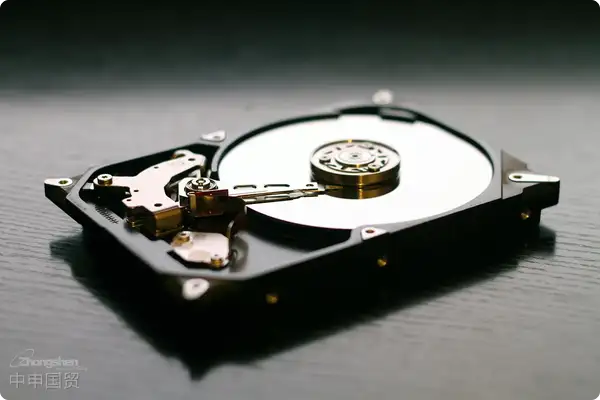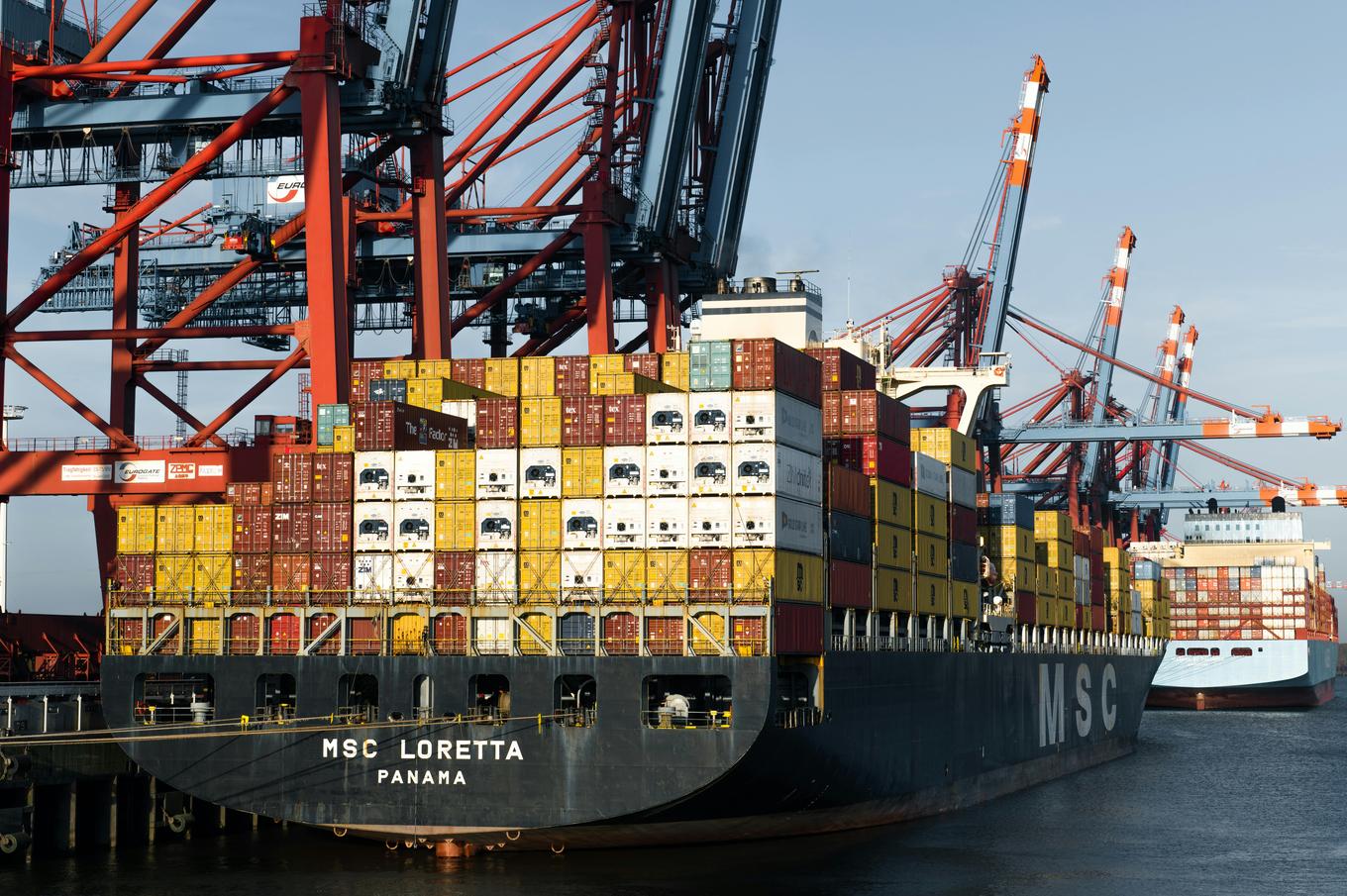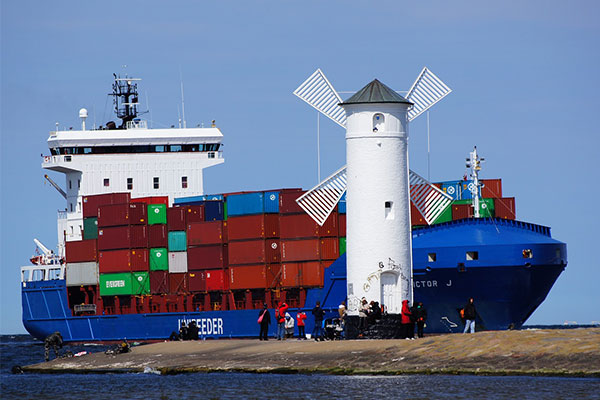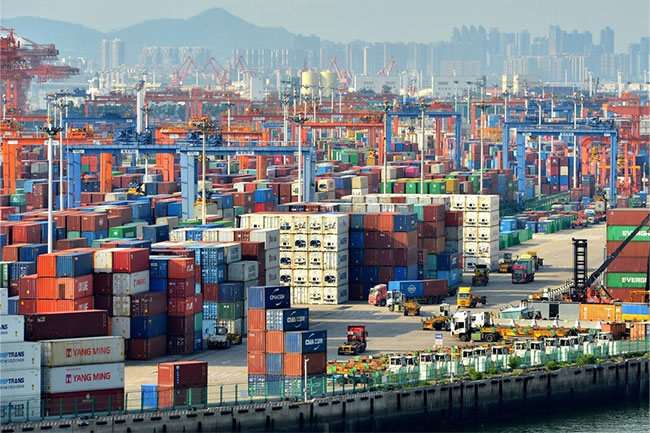- Shanghai Zhongshen International Trade Co., Ltd. - Two decades of trade agency expertise.
- Service Hotline: 139 1787 2118
Contents
ToggleIt is recommended to verify through the following methods:Books: The "ID Card" Dilemma of Second-Hand Hard Drives
A Certificate of Origin (C/O) is a crucial document in international trade that certifies the "nationality" of goods, helping exporters enjoy tariff preferences or meet the requirements of the destination country. However, when it comes to used hard drives, can this "identity card" be obtained smoothly? The answer is not straightforward—it depends on whether the goods comply with the rules of origin.Substantial transformation standard.
Simply put, the substantial transformation requirement means that goods must undergo sufficient processing or manufacturing in the exporting country (such as China), resulting in a change in their tariff classification, a significant increase in value, or the completion of specific production processes. If your used hard drive merely gets dusted off and repackaged, it likely won't qualify; but if it undergoes a "major overhaul," such as replacing core components or receiving functional upgrades, there may be a chance.

Unprocessed second-hand hard drives: Struggling to win C/O's favor
Second-hand hard drives that have not undergone substantial processing, such as merely being cleaned, refurbished, or repackaged, generally cannot be recognized as originating from China. Why? Because these operations do not alter the essential nature or HS code of the hard drives, and the country of origin likely remains where they were initially produced (e.g., the U.S. or Japan). In such cases, the local trade promotion council or customs authorities would most likely refuse to issue a Certificate of Origin (C/O) on the grounds of "no substantial transformation."
Refurbished second-hand hard drives: A beacon of hope for C/O
If your used hard drive has undergone deep processing in China, such as:
- Replace core components (such as memory chips, main control chips).
- Perform functional upgrades (such as firmware updates, capacity expansion).
- The processing value-added ratio meets the requirements of the rules of origin (typically 30%-40%, subject to the specific destination country).
- The HS code has changed (a shift in tariff classification from old hard drives to "new" products).
These operations may make the hard drive meet the Chinese origin criteria, thereby qualifying for a C/O. But don't celebrate too soon! Whether it can actually pass depends on submitting detailed processing proofs to the CCPIT or customs, such as production records and value-added proportion calculations.
Limitations and Recommendations in Practical Implementation
1. The "niche" areas of trade practices
Certificates of Origin are typically designed for brand-new goods, and applying for a C/O for second-hand goods is not common in practice. The China Council for the Promotion of International Trade (CCPIT) or customs authorities will be particularly stringent in determining the origin of second-hand hard drives, requiring more rigorous documentation. Therefore, it is crucial to prepare processing certificates and cost breakdowns in advance.
2. The "picky" policies of the destination country
Different countries have varying levels of acceptance for the Certificate of Origin (C/O) of second-hand goods. For example, some countries may require additional supporting documents or even explicitly restrict tariff preferences for used goods. Before exporting, be sure to contact the customer or the customs authority of the destination country to confirm specific requirements and avoid unnecessary efforts.
3. Practical Recommendations
- Contact the issuing authority: Directly consult the local trade promotion council or customs, submit the processing details of the used hard drives, and confirm whether they meet the origin criteria.
- Record the processing steps in detail: Retain evidence of production, maintenance, or remanufacturing, such as parts replacement records, processing contracts, etc.
- Communication with Customers: Inform the client in advance about the complexity of the C/O application and, if necessary, discuss alternative solutions, such as trade methods that do not rely on C/O.
Conclusion: Second-hand hard drives C/O, proceed with caution for a hopeful outcome.
Whether a used hard drive can obtain a certificate of origin depends primarily on whether it has undergone substantial processing. Unprocessed hard drives have little chance, but after deep remanufacturing, meeting the rules of origin may make it possible to obtain a C/O. Given the complex trade practices and varying national policies, it is recommended...foreign tradeIndividuals must communicate in advance with certification bodies and clients, prepare all necessary supporting documents, and pay attention to details in order to turn challenges into opportunities!
Related Recommendations
? 2025. All Rights Reserved. Shanghai ICP No. 2023007705-2  PSB Record: Shanghai No.31011502009912
PSB Record: Shanghai No.31011502009912










